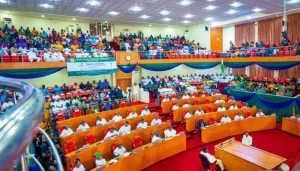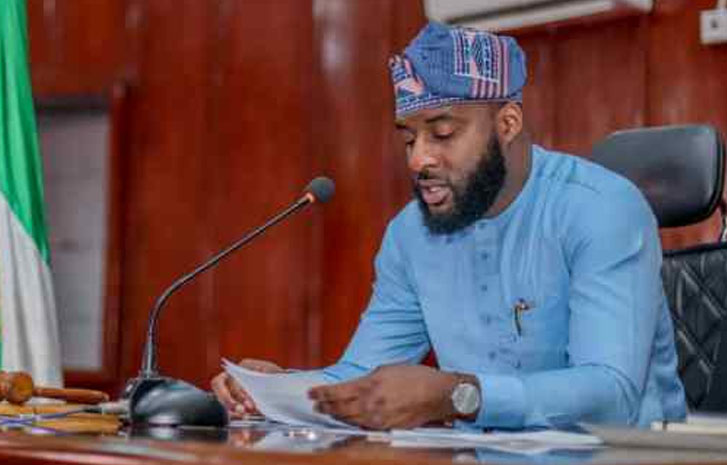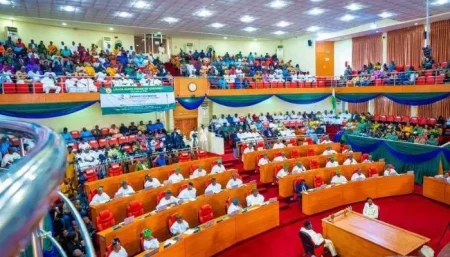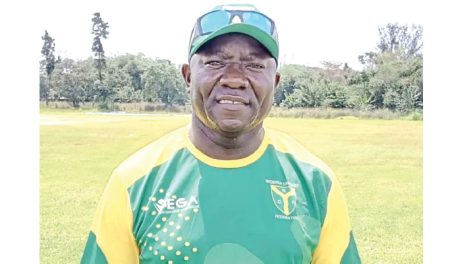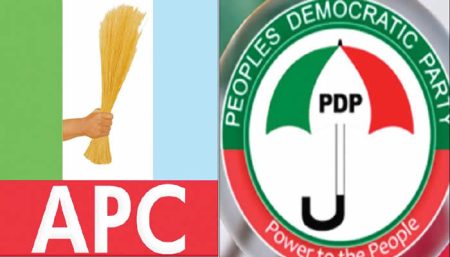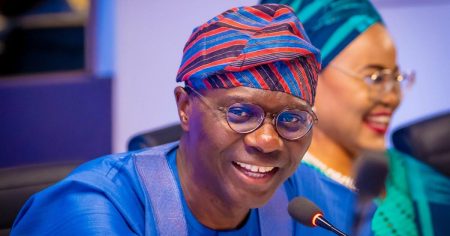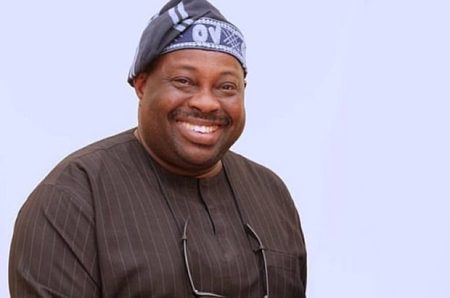The Chairman of the Conference of Speakers of State Legislatures of Nigeria, Adebo Ogundoyin, embarked on a mission to secure support for legislative autonomy, engaging with key figures in the Nigerian political landscape. His primary objective was to garner backing for crucial reforms aimed at enhancing the effectiveness and independence of state legislatures across the nation. This initiative underscored the growing recognition of the need to strengthen democratic institutions and promote more accountable governance at the state level.
Ogundoyin’s campaign took him to Ilorin, the Kwara State capital, where he met with the Chairman of the Nigeria Governors’ Forum (NGF), Abdulrahman Abdulrasaq. He articulated the Conference of Speakers’ vision for a more robust and impactful legislative arm of government at the state level. This involved a multi-pronged approach encompassing legislative autonomy, capacity building, public accountability, and enhanced inter-governmental cooperation. The pursuit of these reforms signaled a commitment to modernizing state legislatures and ensuring they are better equipped to address the evolving needs of their constituents.
Central to Ogundoyin’s message was the importance of synergy between governors and state houses of assembly. He emphasized that achieving meaningful progress on the reform agenda required a collaborative effort, with governors playing a pivotal role as key allies in driving institutional change. The Conference of Speakers recognized that achieving legislative autonomy and strengthening the legislative arm of government could not be achieved in isolation. It necessitated the active participation and support of the executive branch, particularly the governors, who hold significant influence within their respective states.
The ongoing constitutional amendment process also featured prominently in the discussions. Ogundoyin stressed the importance of aligning the NGF with the Conference of Speakers in order to present a unified front on critical constitutional reforms. This alignment was deemed crucial for ensuring that the amendments reflect current realities and strengthen Nigeria’s federal structure. Key legislative proposals put forward by the Conference of Speakers included devolution of power, fiscal federalism, and state policing. These proposals aimed to address the long-standing debate surrounding the balance of power between the federal and state governments, with particular emphasis on granting states greater control over their resources and security arrangements.
Governor Abdulrasaq, in response to Ogundoyin’s appeal, reaffirmed the NGF’s commitment to strengthening democratic institutions across the country. He acknowledged the importance of inter-legislative collaboration and expressed his support for the Conference of Speakers’ priorities. This commitment signaled a potential turning point in the relationship between the executive and legislative branches of government at the state level, paving the way for greater cooperation and a more balanced distribution of power. Abdulrasaq’s visit to the Speaker of the Kwara State House of Assembly further reinforced his commitment to fostering closer ties between the executive and legislative arms of government, suggesting a growing consensus on the need for collaboration to advance the shared goal of strengthening democratic institutions.
In conclusion, the meeting between Ogundoyin and Abdulrasaq represented a significant step towards achieving greater legislative autonomy and strengthening democratic governance at the state level in Nigeria. The focus on collaboration, aligning positions on constitutional amendments, and promoting a shared vision for a more robust and accountable legislative arm of government signaled a positive shift in the dynamics between the executive and legislative branches. The pursuit of these reforms holds the promise of a more effective and responsive government that is better equipped to meet the needs of its citizens and contribute to a more stable and prosperous Nigeria. The emphasis on devolution of power, fiscal federalism, and state policing could lead to a significant restructuring of the Nigerian federation, potentially empowering states to better manage their affairs and address the unique challenges they face.




